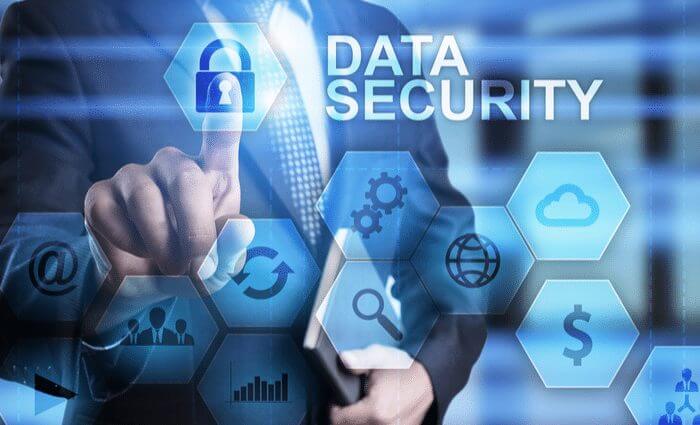How to Keep Data Secure
Since the Covid-19 pandemic, most of the world’s workforce is working from home and likewise, everyone is being forced to entertain themselves at home. Thus, most of us are using personal computers or phones to access work files and check emails and still use the same devices to wind down by playing online slot machines or accessing social media and streaming platforms.
Given that we use our devices for many different things, then we must keep them secure to ensure that our private information from work or when you play new slots online doesn’t find its way into the wrong hands. However, before we show you how you can protect your private data, you must understand the types of ways hackers can access your information and why you should not let this happen. Let’s get right to it:
How and Why Hackers Do It
The methods used by hackers just keep getting better with every software update. It could be social engineering where they just ring you up or email you to take advantage of your gullibility, phishing where a link looks like it’s from a trusted source or use malware-injected devices in case you leave your device unattended.
They may also exploit a vulnerability arising from your delay in installing security patches. Your computer may be the gateway that a hacker needs to get into your company’s servers or website and access important information. One of the most alarming examples of such an exploit is in the case of Yahoo, where more than a billion passwords were compromised due to an attack in 2013.
There are three main reasons why hackers attack: it could be to gather information, cause damage perhaps by stealing financial records or just do nothing but create awareness of a vulnerability and cause alarm. Well, the hackers that do nothing are usually ethical hackers who will alert a company of a security risk for a “bug bounty”. So, what should you do to keep your and your company’s data safe?
Use Two-factor or Multi-factor Authentication
2FA or MFA is the most recommended to secure your accounts on websites, emails or social media. You can use a combination of passwords, cloud keys or biometrics to secure your accounts. For example, when logging in to your bank account, you may have a password or passcode and then be prompted to enter a token that may be texted or emailed to you or use your fingerprint. This will mean that even if someone somehow gets a hold of your password, the extra layer of authentication will ensure that the intruder can’t access your account.
Keep Your Software Updated
Keeping up with updates in your Antivirus software and operating systems will ensure that bugs are fixed and more security features are added. You should know that no manufacturer will just release an update for no reason. You should also ensure that all your software is patched correctly. Hackers are always on the lookout for any vulnerabilities to exploit.
Don’t Use the Same Password for Everything
This may sound obvious, but it’s really hard to keep coming up with different passwords for your 10+ accounts and be able to remember them all. Hackers can use brute force programs that try to guess your password or phishing and if they have access to one of your accounts, they have access to all. You can use a password manager so that you don’t have to memorize all your passwords, helping you to not only limit yourself to passwords you can recall. The password manager will also help generate a complex, more secure password for you.
Use a VPN
Many people use free public Wi-Fi in a coffee shop, an airport or public library. This is usually one of the easiest ways for your information to get compromised as hackers can access your unencrypted traffic like the big bad wolf. If you instead use a VPN when accessing the free public Wi-Fi, it will hide your identity and data, using military-grade encryption, keeping you safe and maintaining your anonymity, especially when accessing company files on your PC.
Browsing without a VPN means that your IP address is visible to all the sites you visit, which in some cases opens you up to threats. There are more advantages to VPNs that will blow your mind like if you want to safely access geo-restricted libraries and stream content from anywhere, but this is not the time to explore them.
Don’t Overshare
When signing up to any site for whatever reason, there may be some information that you may be asked to disclose, sometimes under the guise of getting a better experience or product bonus. The thing is, if it sounds too good to be true, it probably is. You also need to exercise caution when approving cookies from sites you’re not too sure about as this is a direct invite to track your digital footprint and online habits. This also involves willingly sharing sensitive information on social media.
Final Word
Since the advent of the internet in the 1980s and smartphones in the 1990s, technology has taken big leaps in connecting devices and as a result, the world. But while we are grateful for the convenience that this brings to our lives, it’s wise to take precautions in guarding our privacy.
While the term hacker for some conjures the image of a loner geek tapping away at multiple keyboards in their parents’ basement, looking to get into the CIA database to expose a conspiracy relating to the pandemic, even ‘normies’ can get hacked. Thus, you must stay vigilant to keep yourself from data predators.
